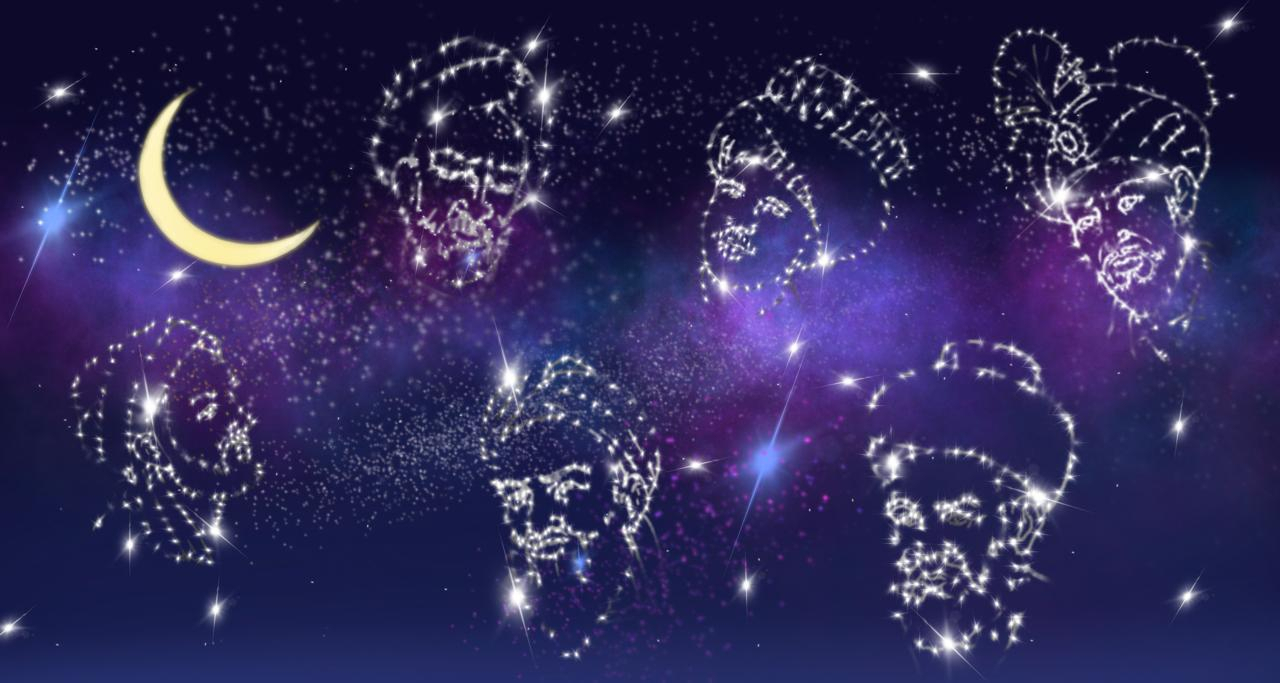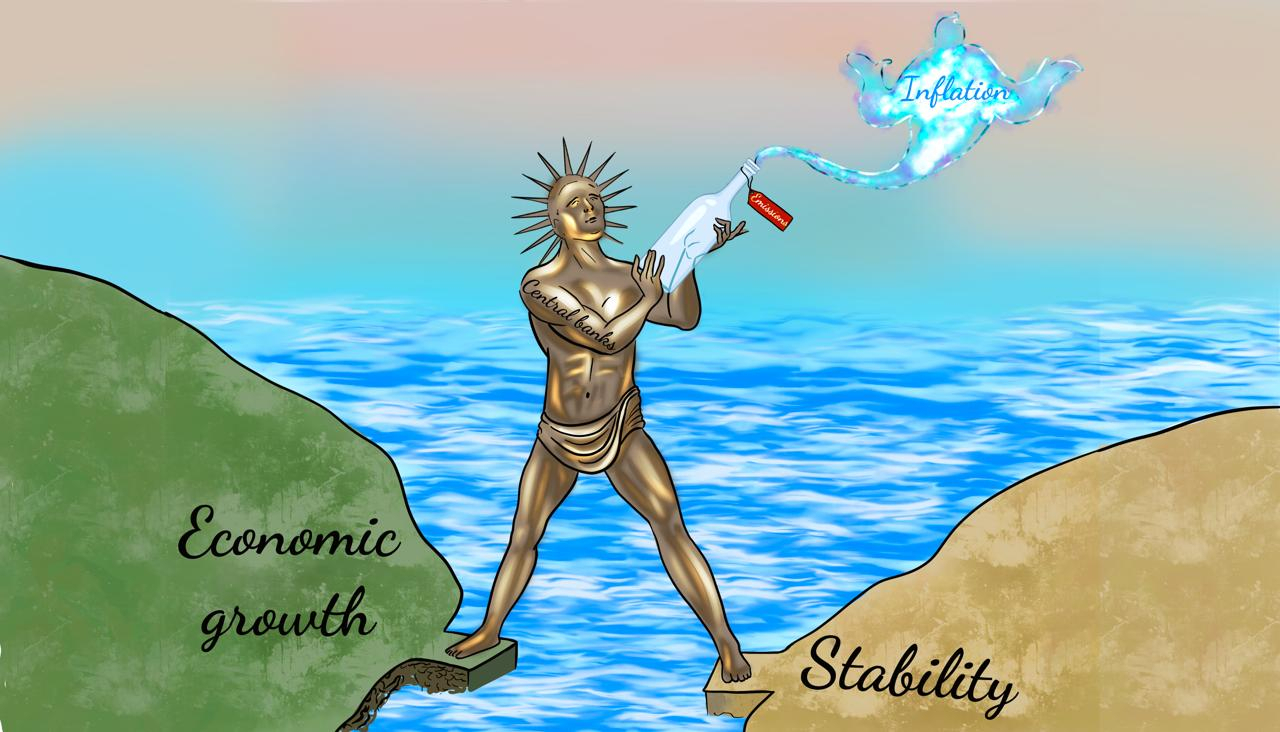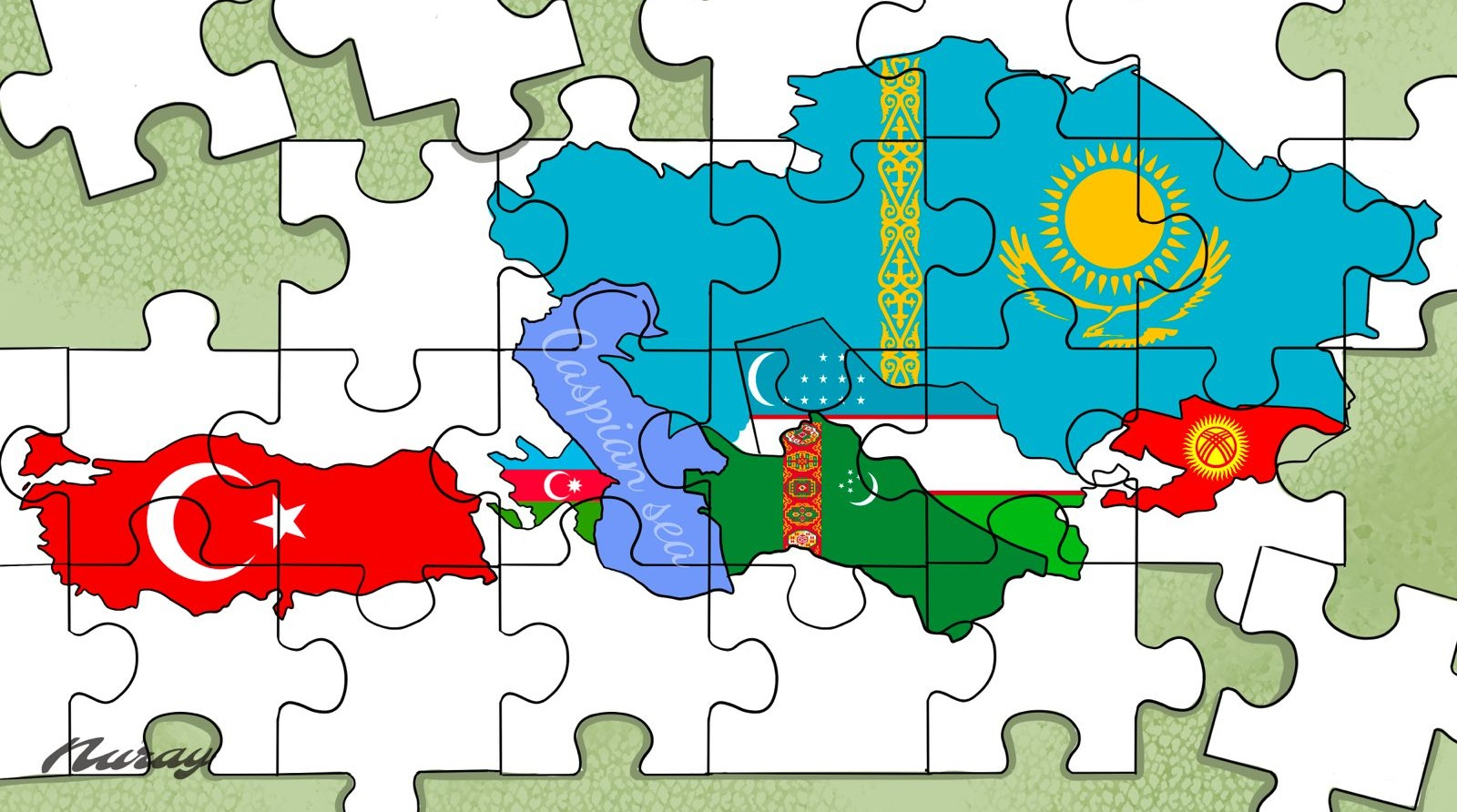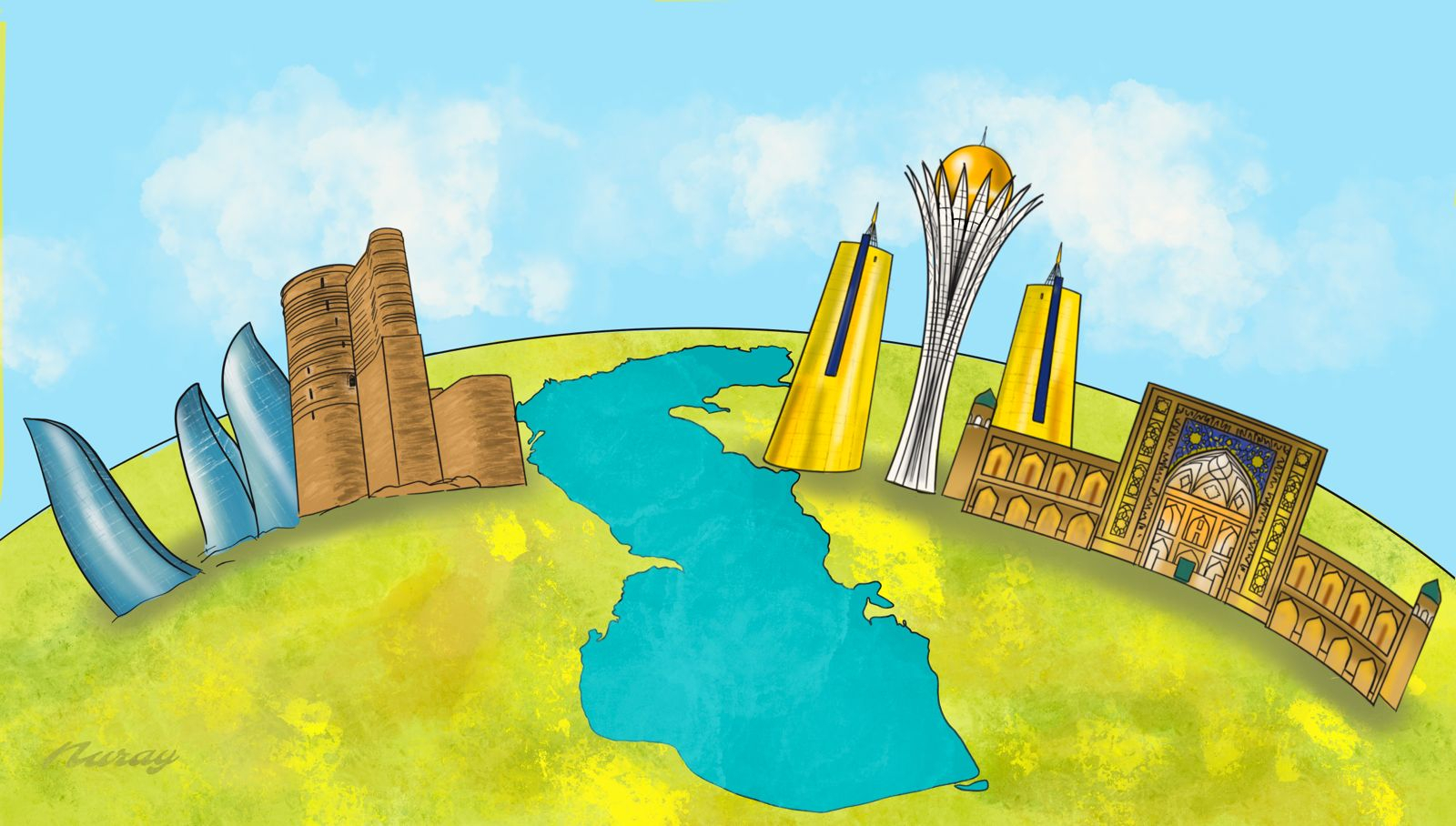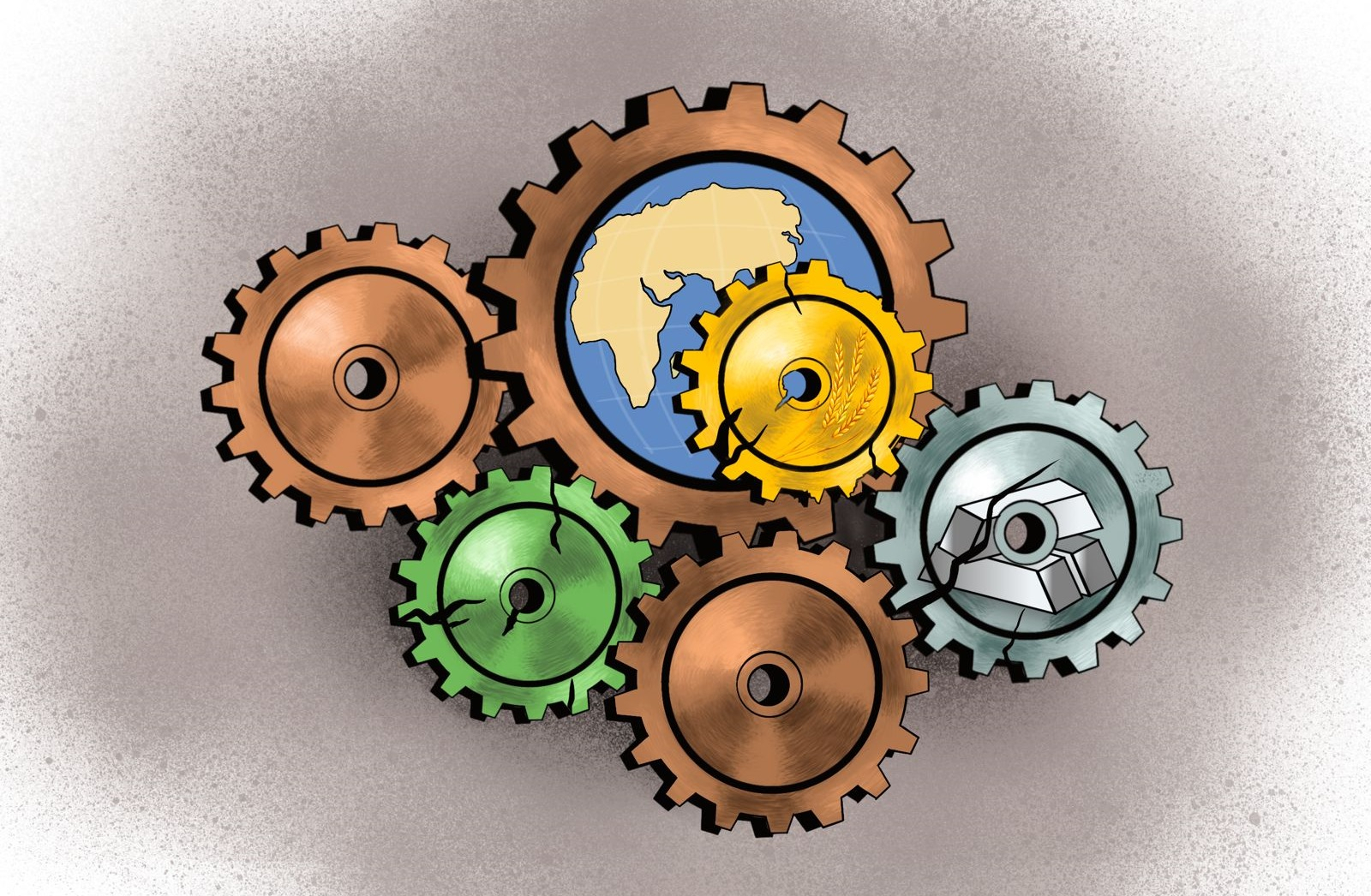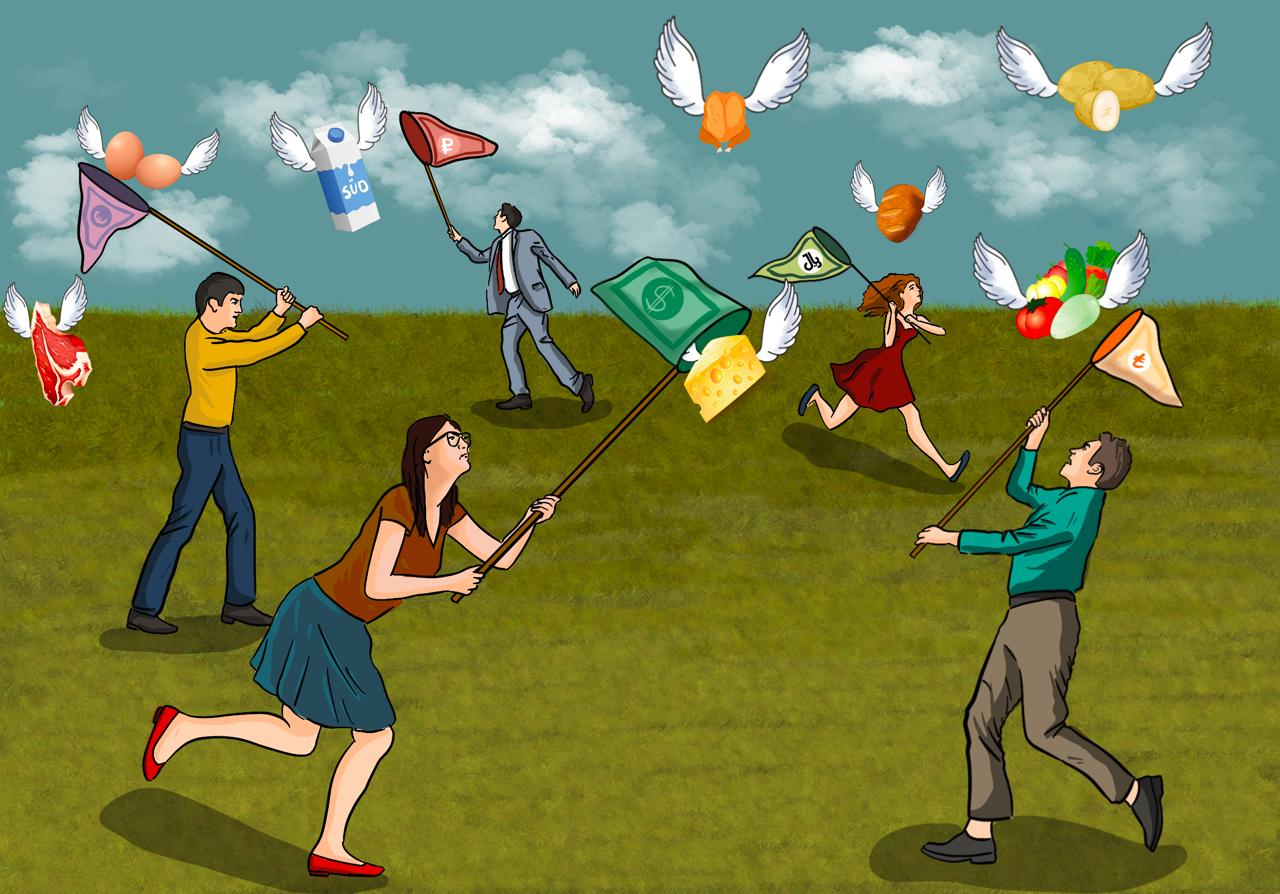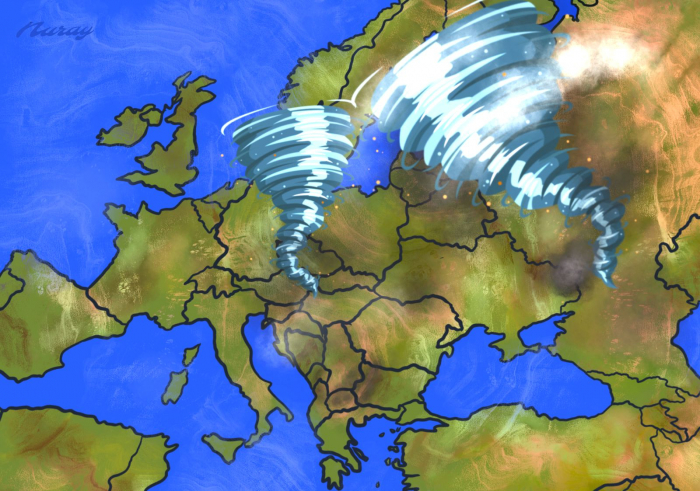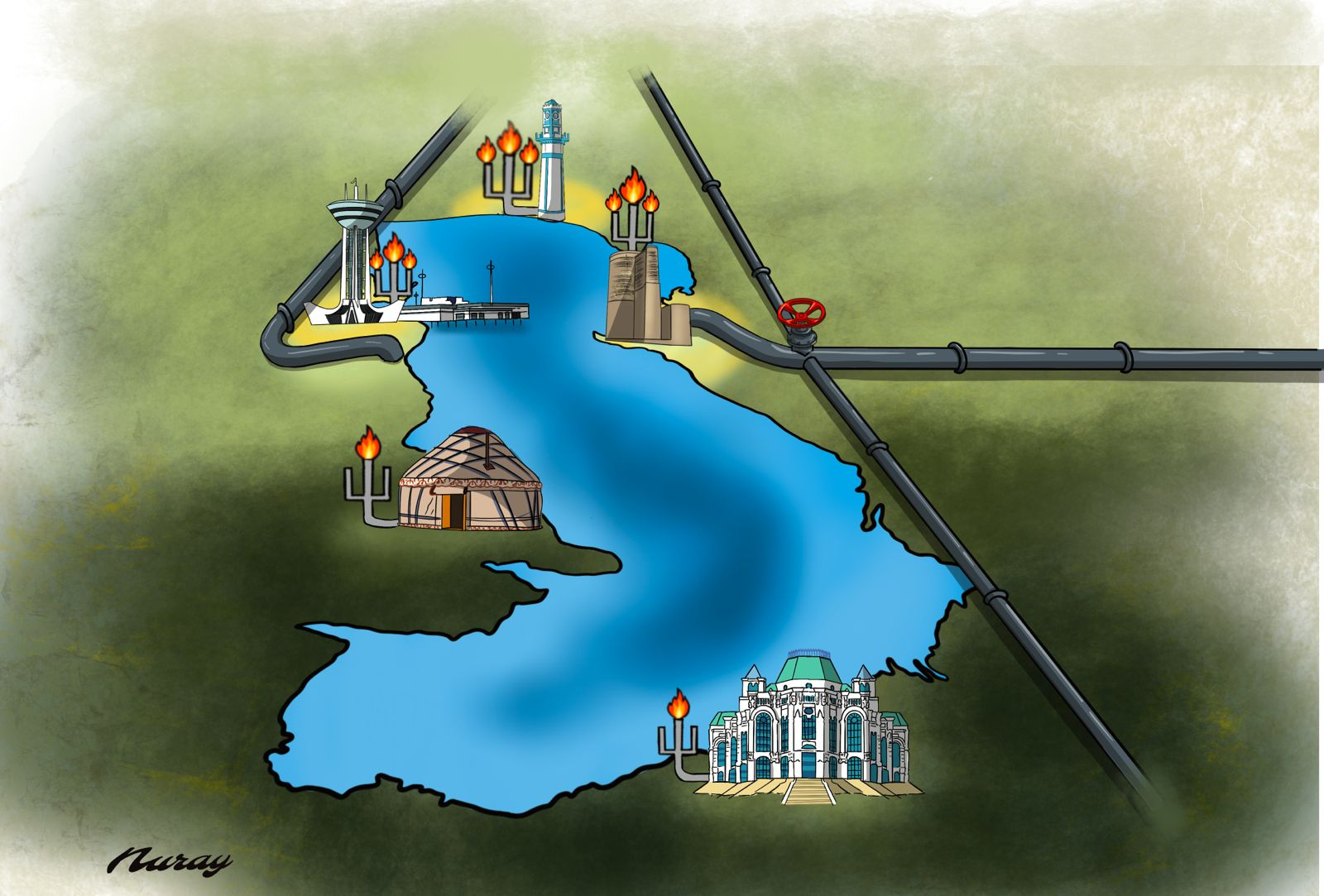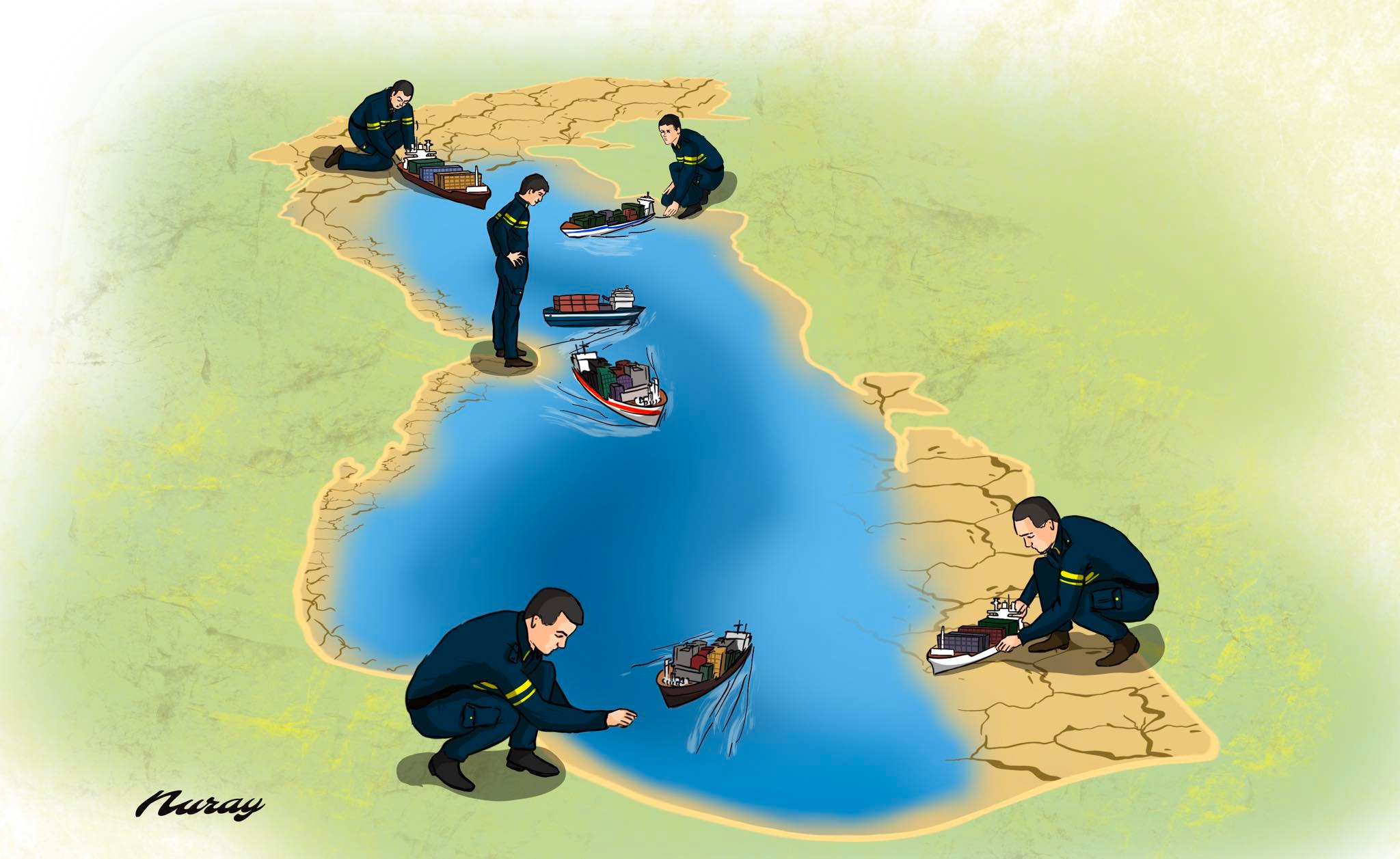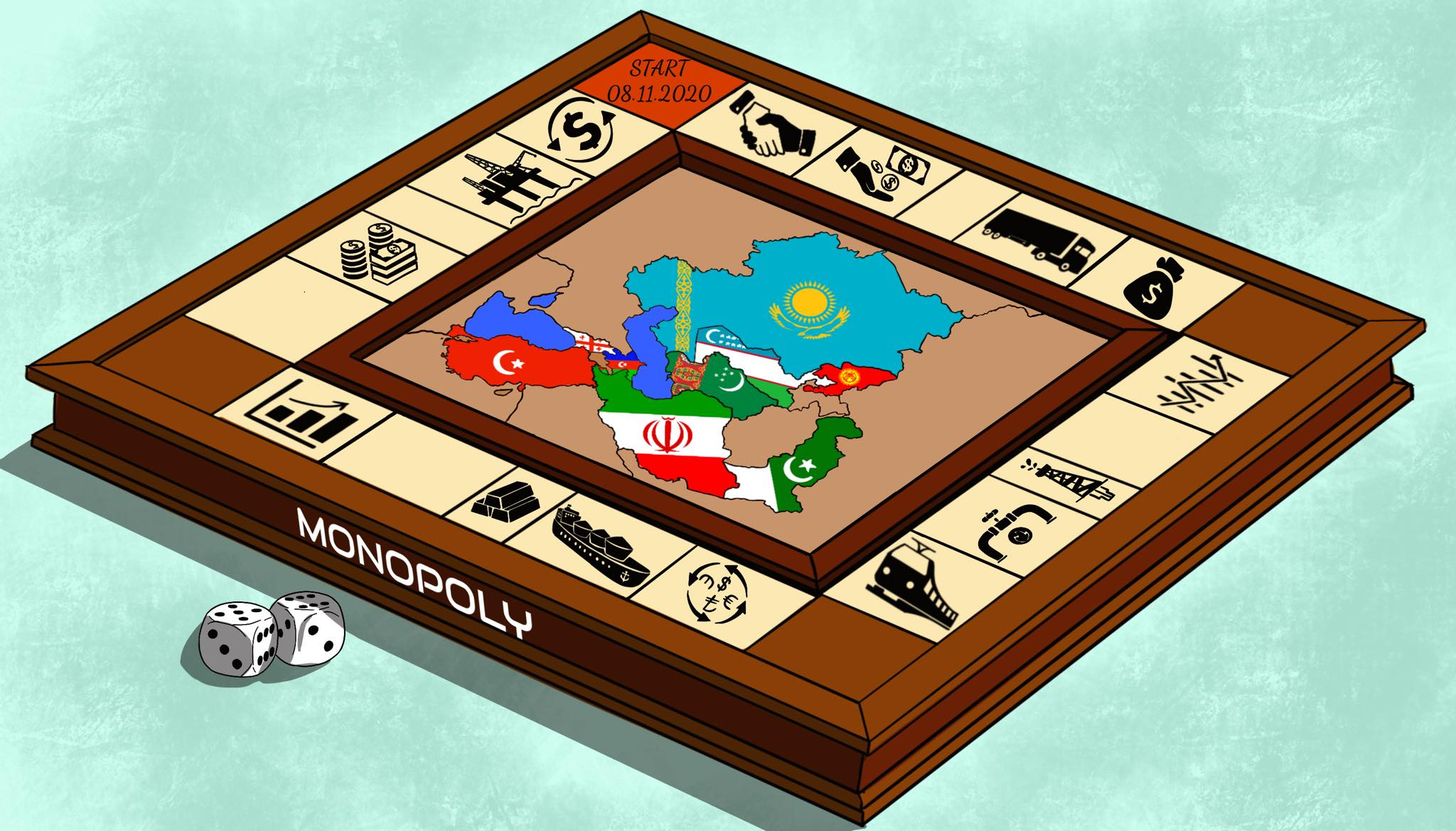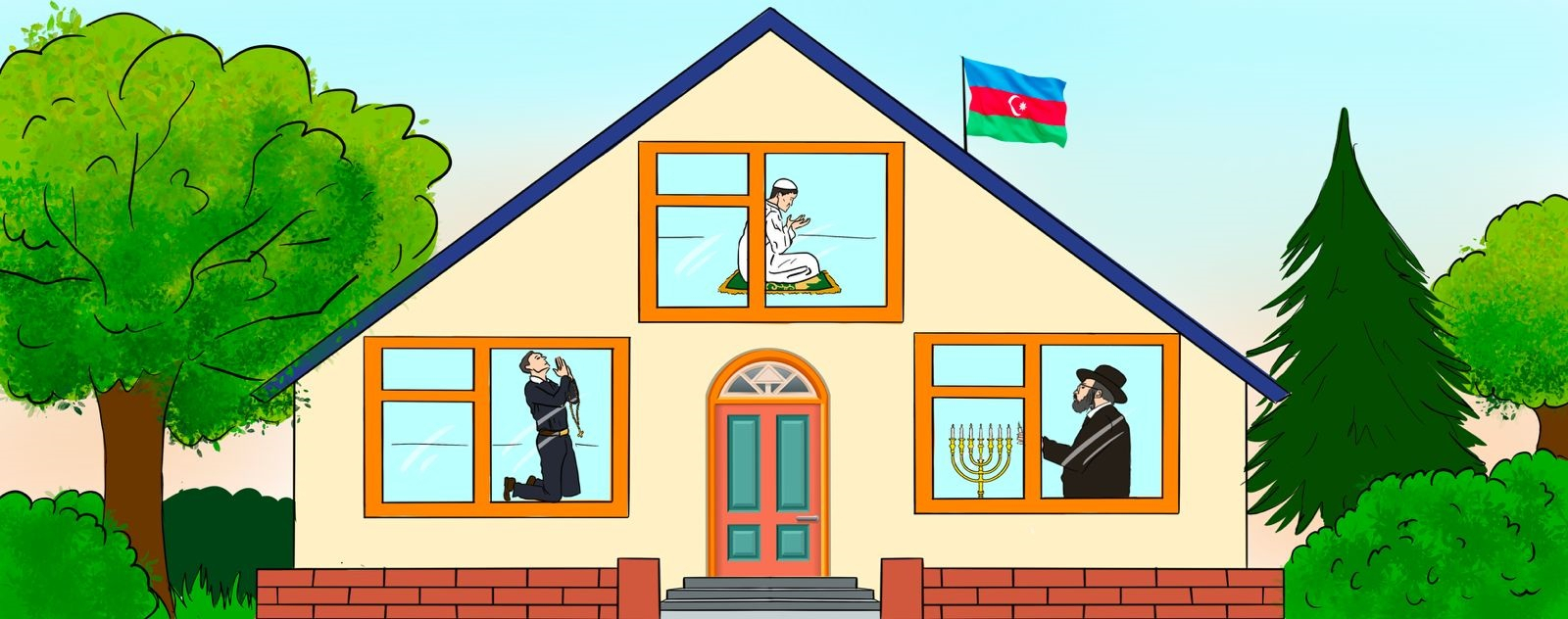
| The Analytical Group of AzVision.az |
The Devil Disapproves | Long Read // Who (and why) needs to denigrate the religious situation in Azerbaijan |
|
The United States
Commission on International Religious Freedom (USCIRF) published a report a few months ago on
Azerbaijan which was flabbergasting, to say the least. The US Department of
State then went on to blacklist Azerbaijan as a country that engages in violation
of religious freedom. One can’t help but think of Kozma Prutkov’s famous
saying: ‘If you see a ‘buffalo’ sign on an elephant’s cage, do not trust your
eyes’. Anyone who has been to Azerbaijan even once and is aware of the
situation in the country finds these decisions nothing short of a
misunderstanding. The report claims
that Azerbaijani government violates the law on religious freedom, does not
register religious communities, and restricts religious literature, propaganda,
or missionary activity. Most provisions relate to politics rather than
religion. For example, the imprisonment of the Muslim Union Movement leaders, a
foreign-funded extremist organization, is not even worth mentioning. Radical
religious institutions are considered a threat all over the world, with
adequate measures taken against them. But we can and must talk of the remaining
issues raised in the report. History and Geography
Azerbaijan historically has seen no religious
discrimination, which is mainly due to geography. Rizvan Huseynov ,
Historian and Head of Centre for Caucasian History says , geography determines the consciousness of the
local population . Our landscape mainly comprises lowlands and intermontane
terrains. The region has been at the crossroads of all routes for millennia. Communities
living in such geographies must absolutely be tolerant, because their lives and
income depend on it. This is also why mountainous communities are much stricter
about issues of ethnicity, confession, and such. People living on the coast and
islands are different. Those living in the steppes, plains, and at the
crossroads realize that their safety, income and well-being depend on
establishing warm relationships with everyone. Religion also takes shape
following the demands of geography. |
||
| Rizvan Huseynov: ‘Geography impacts religious formation of a nation’ |
History confirms
geography: Azerbaijan has never in its history seen confessional wars like
in Europe. The church has
been the foundational factor in shaping the national consciousness in Europe.
Every community used to have its own church. These churches produced national
projects as society shifted to capitalism. These forces did not even hesitate
to commit massacres to snatch the monopoly from the Vatican. We do not have a
tradition of religious conflicts as we’ve not had such cases in our history.
Europe, the USA, and the Tsarist Russia artificially planted religious problems
in the Ottoman Empire and our lands. They employed the religious factor to
incite the Armenians, Eastern Christian communities, and the Christians in the
Balkans against the Muslims-Turks. Unfortunately, the same policy continues,
albeit having slightly shapeshifted. The attitude towards other
confessions remains unchanged to this day. Our religious tolerance can set an
example for many countries around the world even in modern times.
Representatives of religious minorities in the country confirm this and the
conditions created for them speak for themselves. ‘Azerbaijan is our home’
The bishop adds that Azerbaijan deserves special attention as a rare example of good interaction among religious communities and harmony between religion and secular government.
‘Our community performs our rituals in Albanian. How can one ever talk of curtailing religious freedoms in Azerbaijan under such conditions?’, Robert Mobili questions.
Archimandrite Alexy Nikonorov,
secretary of the Baku diocese, rector at the Cathedral of the Holy Myrrh
Bearers says that Azerbaijani society offers a unique tolerant
atmosphere, where the state pays special attention to cultural diversity while
guaranteeing rights and freedoms to all citizens regardless of their religious
or national affiliation. ‘Azerbaijan boasts unique
centuries-old experience of peaceful coexistence, interaction, and creative
collaboration among Muslims, Christians, and Jews. Azerbaijan has traditionally
been famous as a home for many peoples. The country does not have the problems
that hinder development or interreligious dialogue among citizens in so many
parts of the world’, the archimandrite explains. The situation with the Jews is
particularly interesting. The thesis of ‘guilty Jews’ made up the core of
Christian ideology historically. Persecuted, oppressed, and expelled from
Europe, they took refuge with the Ottomans and the Safavids. They have since
felt at ease and comfortable on these lands. Milikh Yevdayev, Head of the Mountain Jews
Community in Baku mentions that all religious communities in Azerbaijan receive
financial support from the state, which not only guarantees freedom of
religious beliefs but also plays an important role in protecting cultural and
religious diversity. |
|
| Milikh Yevdayev: ‘Israel is our historical land, whereas Azerbaijan is our Motherland’ |
AzVision.az prepared a report from the Synagogue of Mountain Jews in
Baku to witness
the conditions Yevdayev describes and see how freely and comfortably they can
perform religious rites here. ‘Happy are those who are happy at home.
Azerbaijan is our home’, we were told at the synagogue. ‘Religious Minority’ is an alien
term ‘The State Committee for Work with
Religious Institutions has registered 1002 communities. 7 communities
have cancelled their own registration. 37 out of the operating 995 were founded
by communities outside Islam. These are 24 Christian, 8 Jew, 2 Bahai, and 1
Krishna congregations. Jahandar Alifzada, head of the department for work
with religious organizations under the State Committee for Work with Religious
Organizations says in his interview to AzVision.az that the legislation includes
enough conditions for everyone to operate freely. Equality of all confessions
and freedom of religion have been established in our constitution. The
representatives of non-Muslim religious communities in Azerbaijan are active
members of the society. They build houses of worship, organize events, perform
religious ceremonies and promote their work.
‘Religious minority is an alien
term for us. I have never heard a religious community call itself a
‘minority’ in Azerbaijan in my 16 years at the State Committee for Work
with Religious Organizations. Regardless of their size, they all see themselves
as a part of the religious environment in Azerbaijan, members of a harmonious
society that perform a certain function. We do not have notions of
‘minority’ or ‘majority’ when it comes to religion. We have the concept of
‘equal rights’. All religious communities in the country see it that way.
No one in our society calls them a ‘minority’ as well,’ the head of the department notes. |
|
| Jahandar Alifzada: ‘Religious minority is an alien concept for us’ |
There is a law on religious freedom
in Azerbaijan. Be it as it may, neither the Committee nor the law
enforcement agencies have received any complaints on violation of freedoms of
religious communities. Sui Iuris We
found the confirmation of the above at the Church of the Virgin Mary’s
Immaculate Conception. The Apostolic Prefecture of Azerbaijan is a
unit equal to Roman Catholic Church diocese. It has a sui iuris (of one’s own
right) status, operating with the rights and powers of a diocese. Vicar General
Joseph Marek, head of the church, says to AzVision.az that he considers
being in a tolerant country such as Azerbaijan God’s grace: ‘What I like
most is how much respect people have for the individual and one’s faith. They
embrace and respect people for who they are. People do not only hold in high
esteem the traditional spirituality based on Islamic values, but also other
religions and worldviews. Both Catholics and other Christians can live and
practice their faith freely here. Representatives of various
confessions coexist peacefully in Azerbaijan.’
Vicar General still vividly remembers the day Pope
John Paul II was welcomed in Azerbaijan 22 years ago: ‘I was astonished, so much so that I asked several people of the reason for such a nice welcome. It was their turn to be surprised, as they all replied that the visitor was a holy person. I found it simply amazing. People had great respect and sympathy for representatives of other religions!’
‘I once was at an important event in France, attended
by over 400 people. The Paris rabbi there said that they became French
when they went out and could only be Jews at home. When I was given the
floor, I addressed the rabbi and said that in Azerbaijan we had the privilege
to be a Jew both inside and outside our homes, unlike them.’ If so, what could be the reason for such prejudice
against Azerbaijan in the report? Because the devil says so The heads of religious communities say that although
the visitors from abroad have perfectly witnessed the situation here with their
own eyes, it has all been to no avail. They simply record the negative comments
they wish. And as they do so, they reference dubious persons and
sources rather than the leaders of religious communities. They say, for
example, that people over 65 in Azerbaijan are restricted to make the Hajj
pilgrimage. Whereas this restriction has nothing to do with Azerbaijan. It
was imposed by Saudi Arabia, the organizers of the Hajj, with consideration for
people’s health. Or else, the report says that Azerbaijan does not
allow protestants or evangelists to create religious communities. However,
the State Committee for Work with Religious Organizations has not received any
applications in recent years. |
|
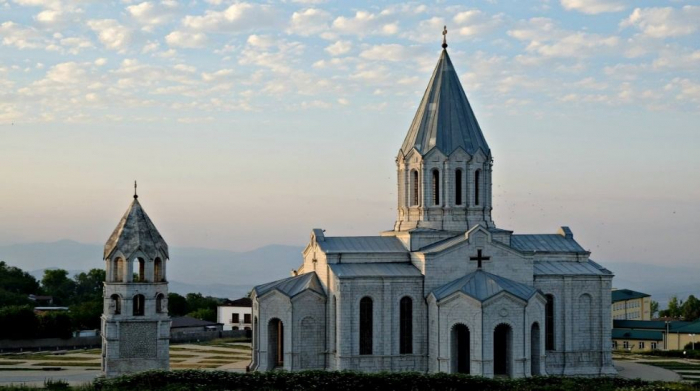 |
||
| Religious monuments in liberated areas are returned to their previous glory |
The report also mentions the religious monuments in
the liberated territories. The Christian monuments on those lands can be
generally classified into three groups: • Ancient Albanian monuments, Removing, even destroying in some cases, symbols of Armenian
fascism from the buildings erected during occupation is an absolute must. These
buildings are treated the same all over the world. Some of them can be
restored to their true essence. The former Orthodox church in Shusha had been
transformed into an Armenian one during occupation. It is currently being
restored to its previous shape. As for the Albanian-Christian monuments, which
constitute a part of our history, most of them are included in the heritage
list under protection by the Cabinet of Ministers. How can one suggest that
Azerbaijan may be willing to destroy its own historic-cultural heritage? There
is not a single fact of destruction of any churches or temples after our
territories were recovered! Whereas, neither the USA nor any other western
country or institution uttered a single word while over 60 of our mosques and
other religious-cultural sites were destroyed during 30 years of occupation. The
same barbaric behaviour continues towards Islamic cultural monuments in West
Azerbaijani territories, which are a part of Armenia, in Zangazur, Goycha, and
Irevan. Meanwhile, UNESCO refuses to monitor those lands. Conclusion All experts and
representatives of religious communities we reached out to are of the same
opinion: comments on religious situation in Azerbaijani are absolutely biased. Such
reports are a product of political orders with the goal of building a
foundation for harsher steps against Azerbaijan in the future. They are, in
a way, trying to intervene in the processes in the country and in the entire
region, if we are to speak in a broader sense, through religion.
History, however,
shows that employing religion for political purposes has always backfired.
Religion is a matter of spirituality and must remain so. |
|








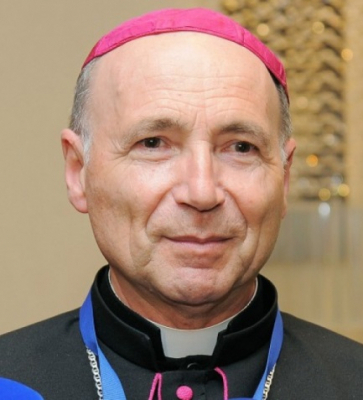
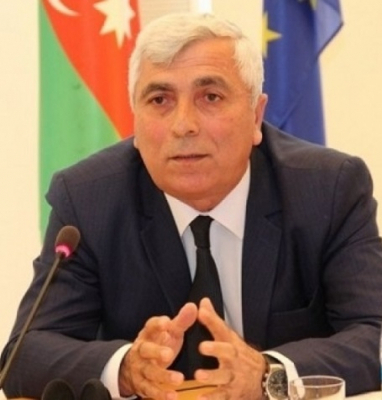
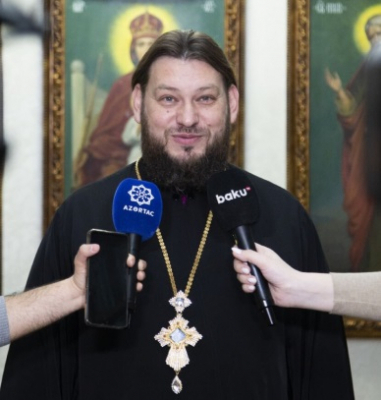
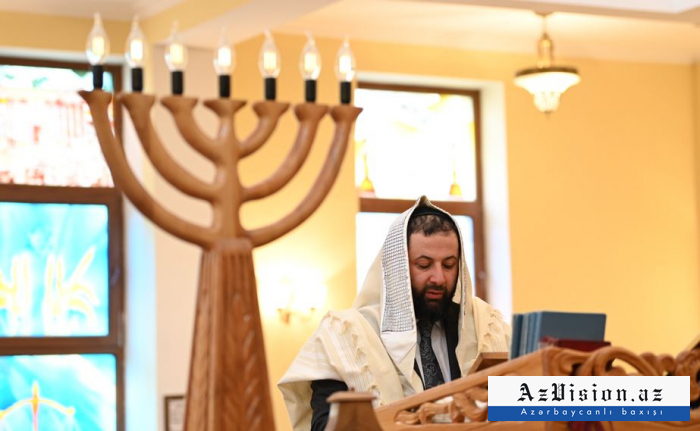
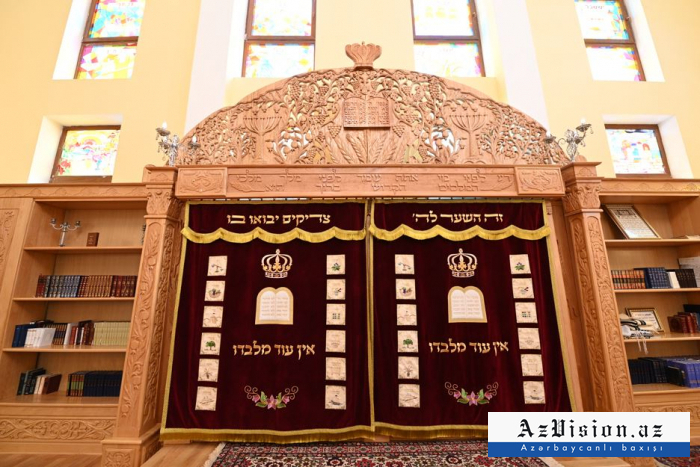
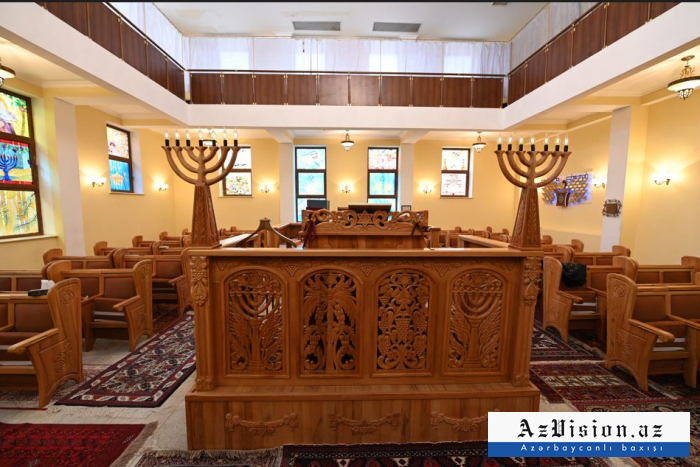
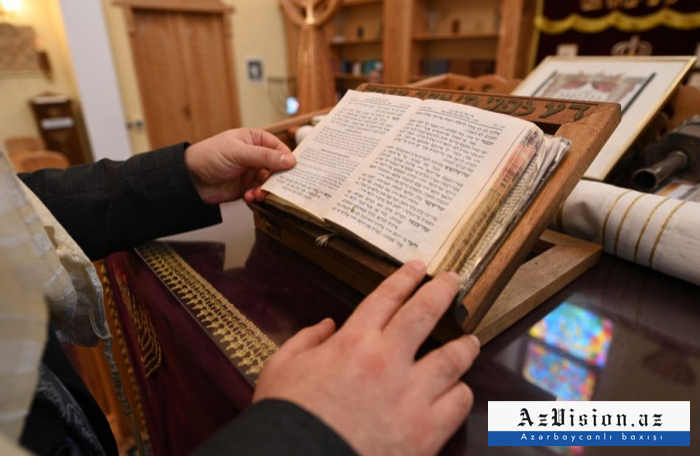
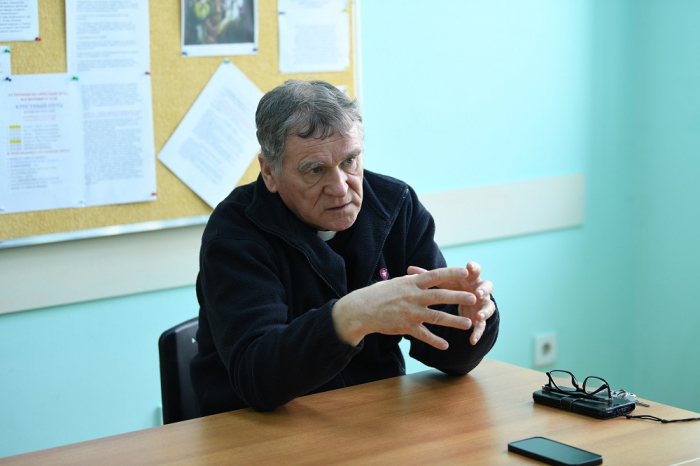
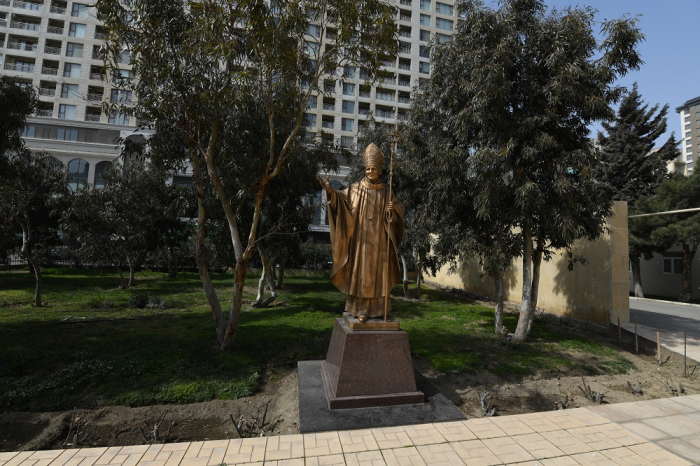
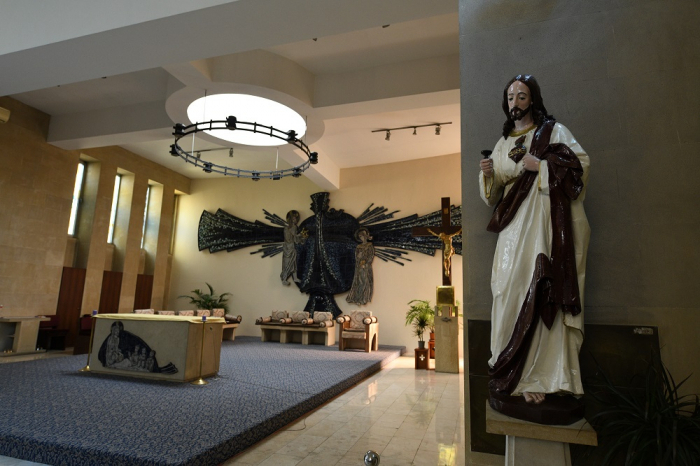
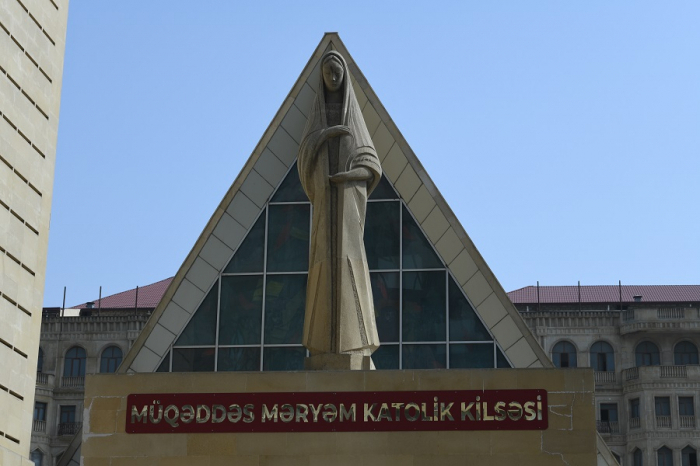

-1728294271.jpg)
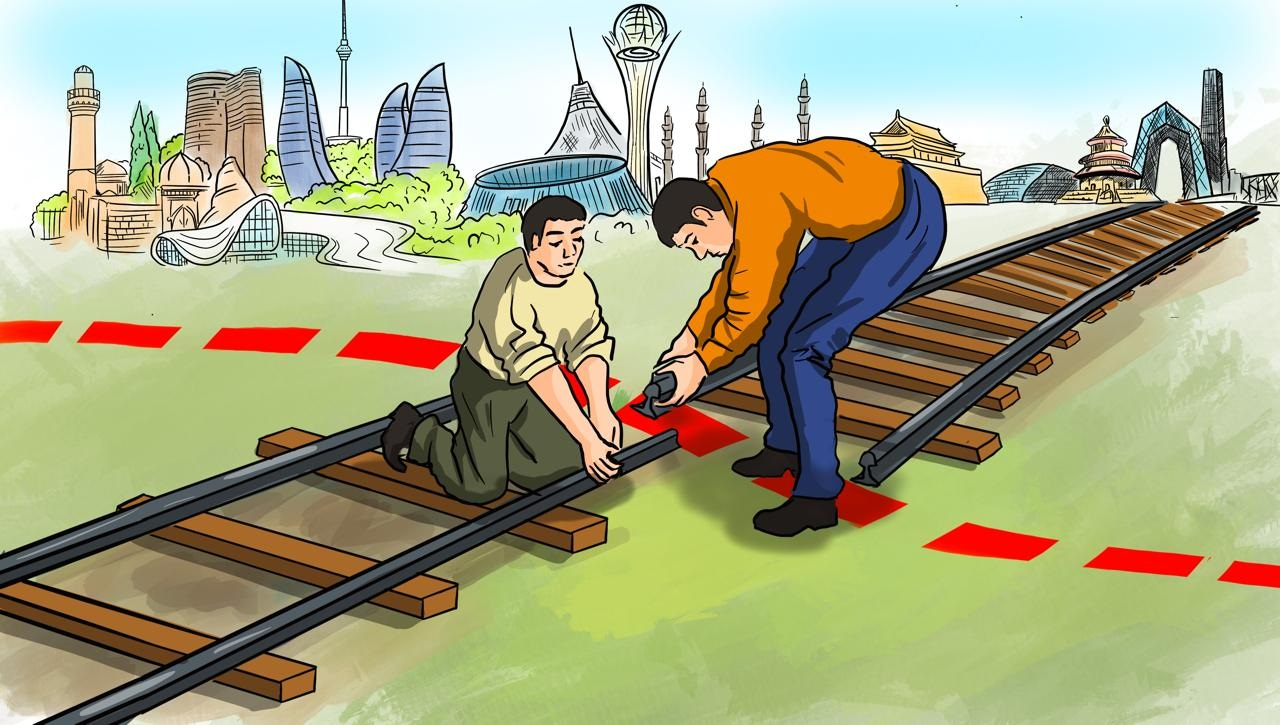
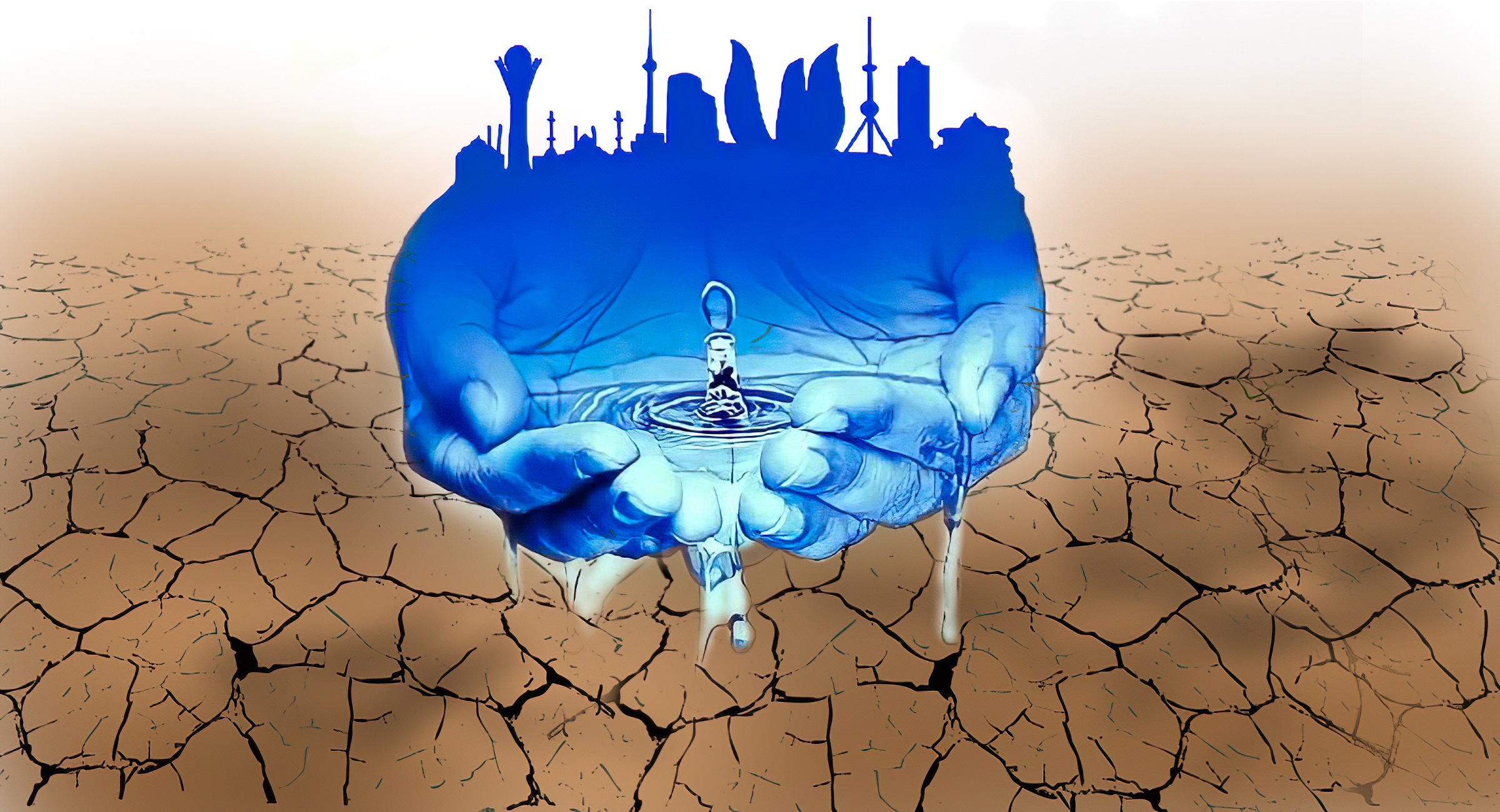
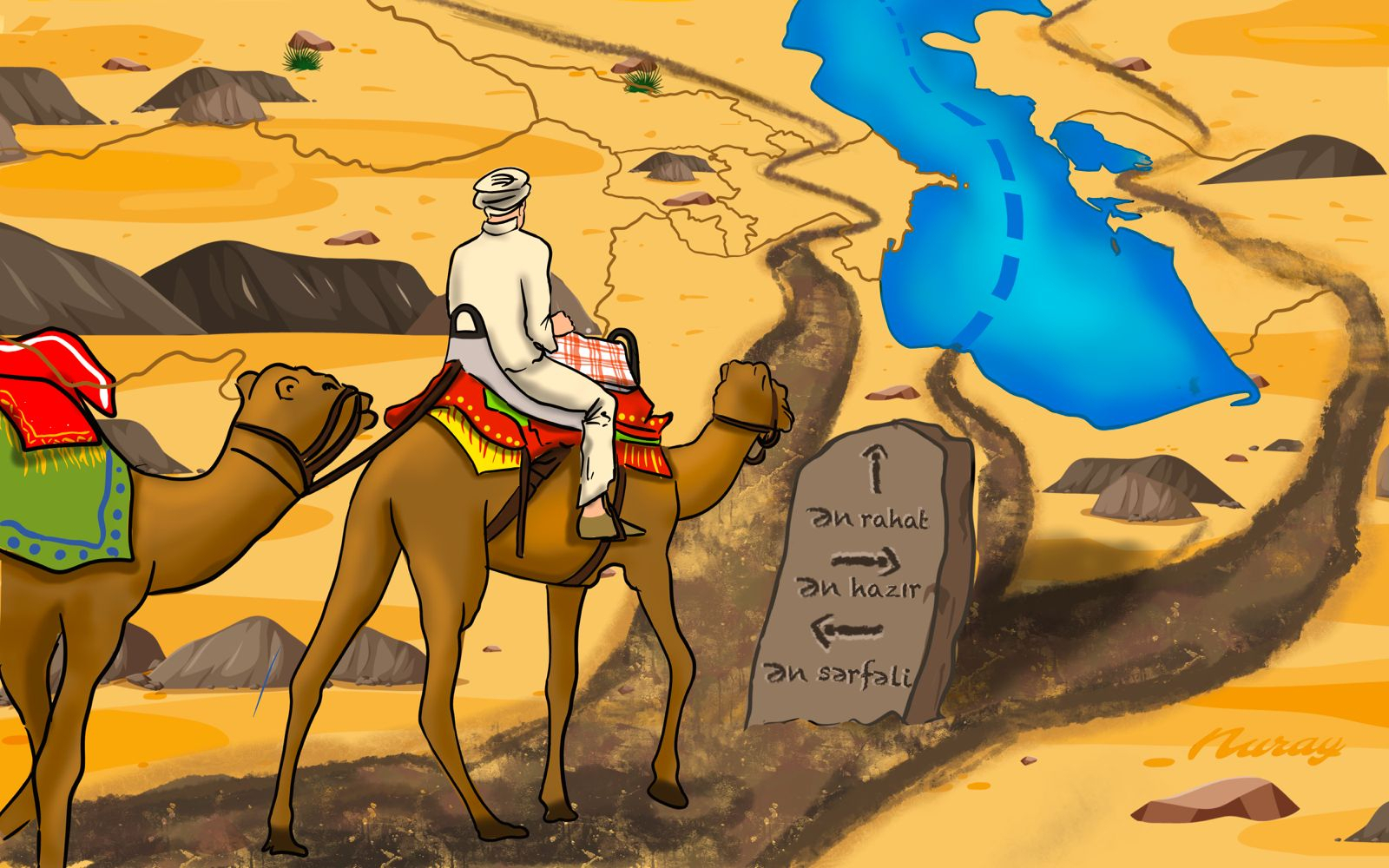

-1680010126.jpg)

